Whether you run a business or run your own home, we can all benefit from an effective waste management plan that helps reduce how much pollution we contribute and improves our recycling efforts.
In this article, our experts from Great Western Recycling explain the 5 Rs and how they can help us carry out effective waste management.
What are the 5 Rs and Why are They Important?
The 5rs refer to a five-part waste management plan to help people and companies process their waste effectively.
The 5 Rs include:
- Refuse
- Reduce
- Reuse
- Repurpose
- Recycle
While it’s perhaps more important for larger companies who are producing significant volumes of waste, especially hazardous material, the 5 Rs can also be followed by individuals to reduce environmental pollution and boost their recycling efforts.
It’s important to follow each step of the 5 R plan to ensure that the process works the most effectively.
Here are the 5 Rs and how you can practice them:
Refuse
While many may think that the first step of effective waste management is recycling, it is actually the last part of the 5 R process. The first step is refuse.
As a business, this part can be particularly challenging because it involves altering what may be a familiar part of your operation and choosing not to use single-use plastics and non-recyclable materials.
This may seem daunting logistically, but it is possible to source environmentally friendly alternatives which will significantly reduce the amount of waste you produce.
A business should approach this step, by reviewing the materials they use to package and store their products, and source options from your supplier that are better for the environment. Another option is to use packaging and containers that are reusable and can be returned to you after storage or transport and used repeatedly.
Many of your consumers will factor in eco-friendliness to their buying decisions as they start making eco-conscious purchasing decisions. This means that they’ll likely prefer purchasing products that are packaged in paper or recyclable materials and avoiding over-packaged products.
Reduce
We understand that for most businesses, it can be impossible to forsake the use of harmful and non-recyclable materials completely, especially if they are a crucial part of your operation.
However, you can reduce the amount you use, such as single-use plastic or plastic packaging. Using the minimum amount necessary will significantly reduce your business’ negative impact on the environment.
Reuse
This part of the process involves focusing on aspects of your business or lifestyle, such as your equipment or tools, where single-use plastics or non-recyclable materials are used and trying to replace them with reusable alternatives.
For example, if your business has a canteen and the cutlery provided to your staff is made of single-use plastic, you could consider sourcing utensils that are manufactured using recyclable or compostable materials, or making the switch to metallic cutlery.
Repurpose
The repurpose stage involves approaching your usual methods with a bit of initiative. Repurposing, otherwise known as upcycling, is where you consider which items or equipment you use in your business or home that can be reused for another purpose.
A great place to start is with packaging. Ask yourself whether the boxes that you use could be used for another reason, such as storage. Set aside certain items that could be reused and see if you can find a purpose for them.
Some businesses have even created upcycling stations where items can be left by staff and collected when a convenient purpose for them has been thought of.
In the home, repurposing can include, using reusing jars or plastic containers for leftovers, sauces, or even decoration. With enough creativity, there are endless possibilities!
Recycling
The last step of the process is one we are all familiar with by now. Once you have followed each of the previous steps the last part of the plan is recycling. This method of waste disposal is considered the most environmentally friendly, especially when compared to tipping.
At home, it is all too easy to throw waste in the bin without paying much attention to which parts of it can be recycling. To recycle effectively, sort through your rubbish for recyclable materials. Try using separate bins for each type of recycling and ensure that they are disposed of in the correct recycling bin, ready for collection.
Many businesses already carry out this process as part of their standard waste management plan, but if yours is not, you can start by separating certain materials such as cardboard, glass and plastic that can be recycled.
Those who adopt this process are shocked by how much waste is reduced through recycling. A great way to kick-start your recycling effort is to partner with a waste management company, that can help you correctly dispose of and remove your recycled waste.
The 5Rs can be adopted as part of efficient waste management for any home or business and can significantly reduce the amount of waste you produce. Consider which of these steps are missing from your plan and adopt them into your regular practice.
Waste Management and Recycling Solutions from Great Western Recycling
Great Western Recycling are experts in waste management and recycling solutions, offering a comprehensive range of services including industrial, residential and commercial waste removal and recycling.
To start your journey in efficient waste management, don’t hesitate to get in touch with our team today.
